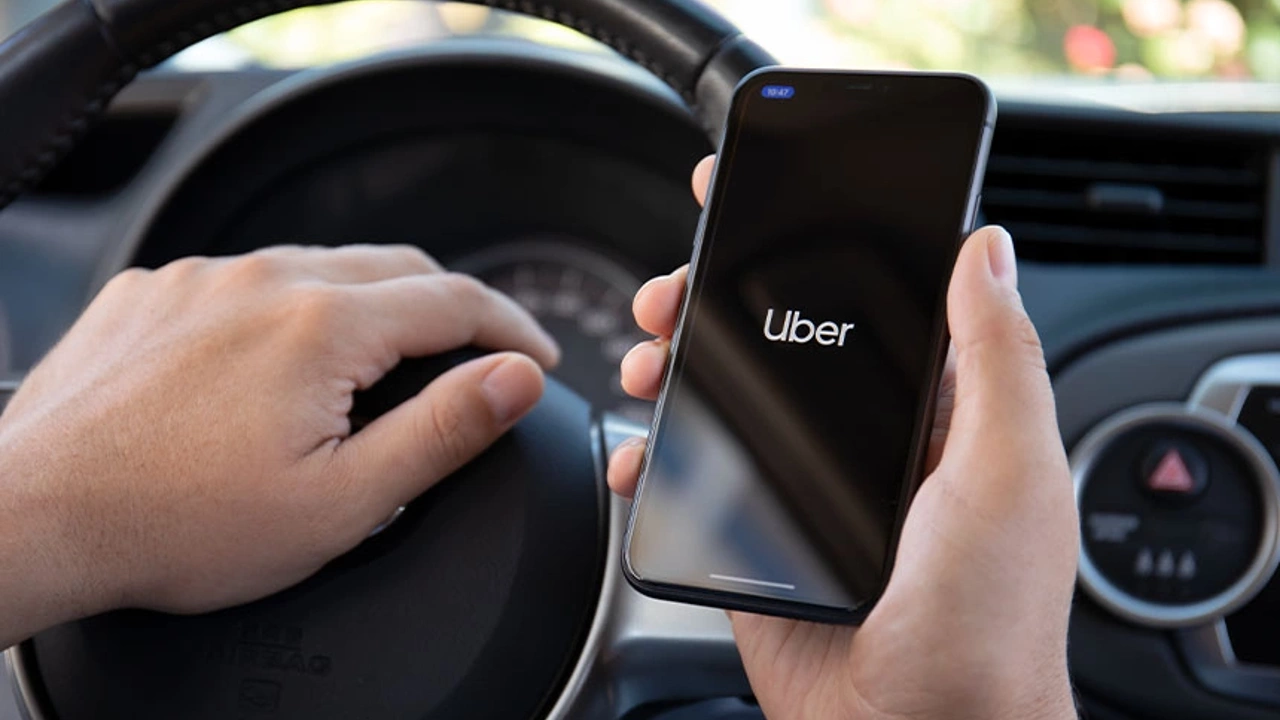An incident in the United States has highlighted the serious consequences of user agreements in technology companies. John and Georgia McGinty, a couple from New Jersey, suffered severe injuries when the Uber vehicle they were riding in crashed in March 2022. However, when they tried to sue Uber, they encountered an unexpected obstacle.
Uber Evaded the Lawsuit: Was This the Price of a Pizza?
State courts ruled that the couple had accepted the company’s terms of service by repeatedly clicking the “agree” button while using the Uber app. With this ruling, the McGinty family lost their right to a jury trial under the 7th Amendment of the U.S. Constitution.

The most striking aspect of the incident is that the last approved terms of service were accepted when their then 12-year-old daughter ordered pizza through Uber Eats. Georgia McGinty expressed her frustration, saying, “How could I think that I would lose my constitutional right to a trial while ordering food?”
Following the accident, Georgia McGinty spent a week in intensive care and sustained a spinal fracture along with traumatic injuries to her abdominal wall. Her husband, John, suffered a broken sternum and functional loss in his left hand. The couple continues to struggle with ongoing health issues and accumulating medical debt.
In its ruling, the New Jersey Supreme Court stated, “We find that the arbitration clause in the agreement accepted by Georgia or her minor daughter using her cell phone is valid and enforceable.” This decision has sparked debates about the scope and implications of user agreements by technology companies.
A similar incident involving Disney made headlines last year. Jeffrey Piccolo wanted to sue the company after his wife died from an allergic reaction at a restaurant in Disney World Florida, but he claimed he lost his right to a jury trial due to the terms he accepted while subscribing to Disney+. Following significant media pressure, Disney reversed its stance.
These incidents illustrate the serious consequences of agreeing to “Terms of Service” that we frequently encounter in daily life. Lawyers and consumer rights advocates argue that such agreements are unfair and infringe on consumers’ fundamental rights. The practices of technology companies raise societal discussions regarding the rights users unknowingly waive.














